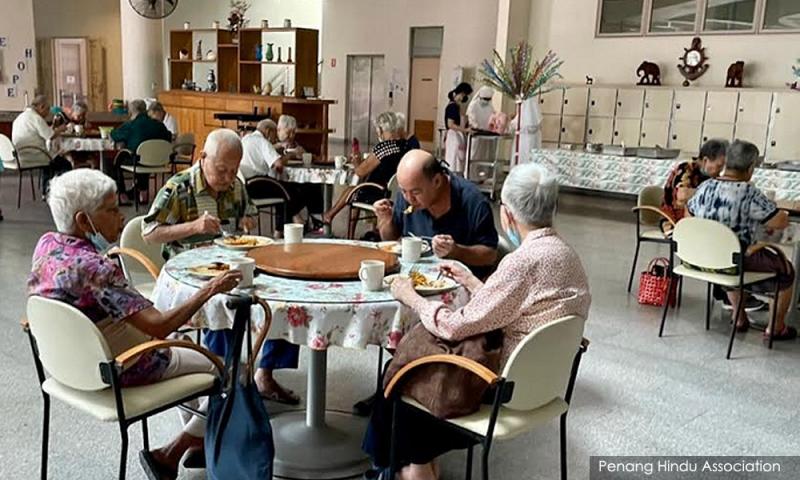LETTER | More than words: Human connection despite dementia
LETTER | Why do we fear what we fear? Like dementia. Let me share a recent story. My girlfriend and I were so excited to try a Michelin-rated restaurant. We were greeted by a friendly waitress who presented us with the menu and a wide smile.
My girlfriend explained that we would need some time to study the menu because she has dementia. Immediately the waitress’ smile disappeared and she stopped making eye contact with my friend. She only spoke to me instead.
I can’t help but wonder if she assumes that my friend was incompetent. My friend was immediately not treated as a person the minute dementia came into the picture. This is the stigma my girlfriend and many others diagnosed with dementia face every day.
Dementia is a unique condition that is responsive to how it is regarded and affects those labeled with it because words and labels have power.
Words like dementia paralyse us with fear. It has power over us. Perhaps we can take back, and reclaim our power, when we can begin to talk about it.
Let me share another recent story. Another friend, diagnosed with primary progressive aphasia has a very limited vocabulary. We asked him playfully if he used to visit dancing clubs when he was young and he sheepishly nodded with the most enchanting smile.
We then spontaneously decided to play the Chinese cha-cha song and I stood up and motioned to him, inviting him to dance with me. He reached out to accept my hand and we began to cha -cha away.
I had the most amazing time and I believe, so did he. Why? We connected. There was a deep human connection that emerged when we were moving together, to synchronise through means other than mere language.
This is one of the avenues for meaning-making between people who cannot communicate through traditional language.
Human activity is beyond words and language. People living with dementia can engage in such activities with others, against popular misperception.
My story highlights how crucial it is despite language difficulties and challenges in navigating the world, to retain the potential for human connection and mutual relationship. We just need to find new ways of being together and sharing the moment.
Too often, those living with dementia are no longer seen for themselves but become merely a bundle of needs, a burden for others.
Relationships can remain reciprocal, and thus, challenges the tunnel view of the condition as one of decline and loss alone.
If dementia were to come to me, there would certainly be losses but I hope there will also be a possibility for me to have a meaningful life until my last breath. I hope that my story will be more than just a mere unfortunate tragedy.
“From my perspective as a person living with the diagnosis, there is far too much emphasis on the label, the name, and the symptoms generally associated with the disease and too little emphasis on the individuals who actually have the disease.”
- Richard Taylor
The views expressed here are those of the author/contributor and do not necessarily represent the views of Malaysiakini.
RM12.50 / month
- Unlimited access to award-winning journalism
- Comment and share your opinions on all our articles
- Gift interesting stories to your friends
- Tax deductable
